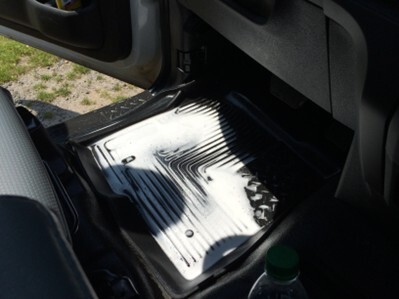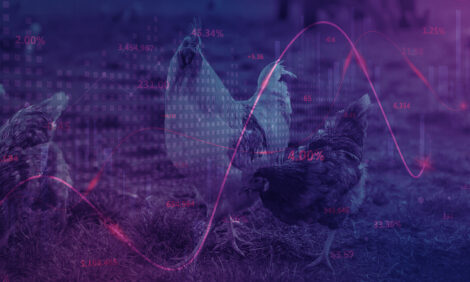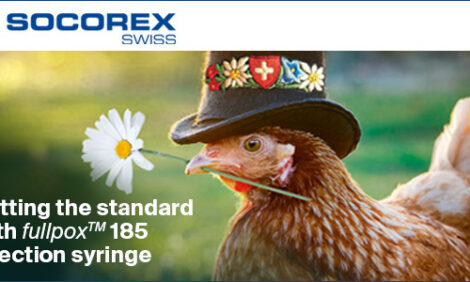



Biosecurity basics - every step matters
Simple actions every day keep birds safe, healthy and thrivingPart of Series:
People are considered the main source of diseases to a farm. To keep birds healthy, biosecurity is not the responsibility of one individual; it is a collective duty that requires daily participation from everyone.
Even a small breech in the program can put the whole flock at risk. Given that one pedigree hen may produce 4 million progeny, the loss of breeding stock can cause economic losses and ultimately impact protein availability.
The following list is not comprehensive but gives the basic rules of good biosecurity. For more information on biosecurity programs, download our Cobb Breeder Management Guide at:
https://www.cobbgenetics.com/resources/management-guides
Biosecurity Basics
- Follow the age rule: The first visit should be with the youngest flock and the last with the oldest flock. Never visit an older flock followed by a visit to a younger flock.
- Always keep a logbook. Collecting this information can help identify biosecurity issues if a breech occurs. At minimum, record:
- Full name
- Last time and location of contact with poultry
- Date and reason for the visit
- If the flock last visited was sick
- Limit all vehicular traffic onto a farm. If possible, have a vehicle that is dedicated to the farm. If a vehicle must enter the farm, thoroughly wash and disinfect it prior to entering. Always wash and disinfect the entire exterior. In the vehicle interior, wash and disinfect foot pedals, steering wheel, seats and floors using a combination of wet disinfection by sprayer, aerosol sprays and disinfectant wipes.
- Always wear clean shoe covers and coveralls. Leave all personal items (phones, wallet, keys) in the locker room.
- Having dedicated farm footwear — and even footwear dedicated to a specific house — is an effective biosecurity measure.
- Always use foot baths and hand sanitizer before having bird contact. For example, outside the house by the door and again before entering the flock space.
- Always have biosecurity procedures posted, but more importantly be sure all personnel and growers have been trained and understand the procedures and policies.
- Always keep biosecurity signs clearly posted to restrict visitors on the farm.
- Be cautious of local gathering places for growers, such as restaurants and shops. These can be sources of cross-contamination.
- Growers and farm caretakers must avoid contact with other avian species (e.g., pet/farm stores selling chicks, county fairs, bird hunting and backyard flocks).
- Do not share equipment between farms, especially when birds are present.
- Always maintain effective pest control measures, particularly for rodents, flies and litter beetles.
- Do not allow pets, livestock, wild animals or wild birds to enter houses.
- Always keep doors to houses locked.
- If the farm is multi-species, separation is key. Ensure fencing keeps cattle in a pasture away from the poultry houses. Ideally, staff should be dedicated to an area and work with only one species.
Each employee must place high importance on effective biosecurity to keep flocks safe. By following biosecurity procedures every day, the risk of disease is reduced. Biosecurity is considered an investment and may be the only method of controlling diseases when treatment and/or vaccination are not options.











